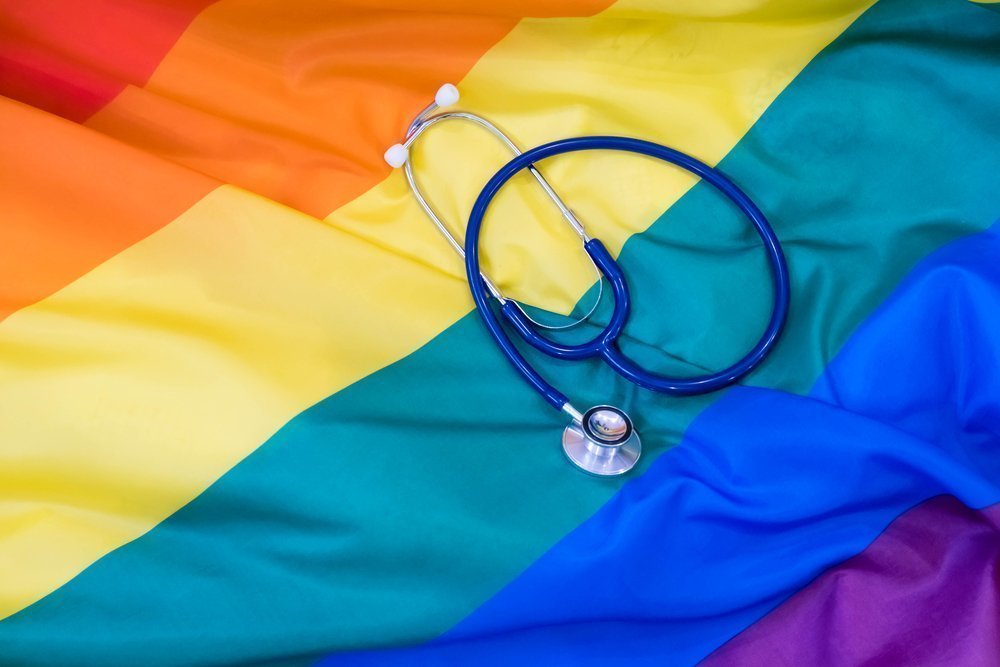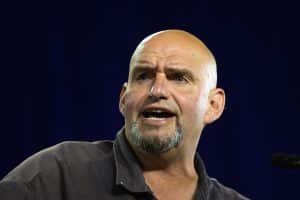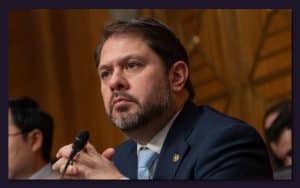Written by Andrew Baldino
When I first was outed at age fourteen, I realized I would have to learn how to navigate a world that didn’t fully accept me. Part of that was figuring out how to access health care as a gay person and a minor at odds with his parents. Though my family knew of my sexuality, they didn’t accept it.
It’s especially hard for LGBTQ+ teens to receive adequate information about health care when their parents are often unable or unwilling to get them the support they may need. One study found that a third of the youth they sampled came out to their parents and were accepted, one third were rejected and the final third did not come out until their later teenage years and early twenties. Many teens delay coming out due to fears that their families won’t accept them.
For healthcare providers to offer the best care they can, patients have to be open with them. This often includes being honest when talking about partners, the kinds of sex engaged in and what kind of protection was used. But, for this to happen, patients must also feel safe and comfortable in the presence of their doctor.
As a young gay man, I understood the importance of regular STI checks. In my search for a provider, I found myself in an office in rural South Carolina and waited hours for anyone to see me. Before the doctor made her way into my room, I heard her praying with the patient next door. It went on for about fifteen minutes. And when she finally made it to me, she seemed uncomfortable at my honesty, confirming my worries that I didn’t belong there.
Many LGBTQ+ youth continue to struggle to find safe and accepting healthcare providers while overcoming other barriers like a lack of insurance and transportation. The labor of finding safe spaces is placed entirely on the patient, with little accountability for providers that aren’t trained or prepared to work with them.
The stakes of getting this wrong are high. According to the Centers for Disease Control and Prevention, 2.6 million gay and bisexual students face significant disparities that put them at risk for negative health outcomes. LGTBQ+ youth are shown to have greater sexual health, physical safety and mental health risks compared to their straight and cisgender counterparts.
Healthcare providers must do better. Right now, the healthcare industry is foundationally unprepared to offer equitable health care to the LGBTQ+ community; the only way this reality will change is if providers invest in the necessary resources.
At the minimum, prospective patients should be able to easily see on a provider’s website, social media and office spaces that LGBTQ+ patients are welcome. It only takes five letters to make health care just a little more accessible. Providers must also work to ensure they have proper training. Resources from the U.S. Department of Health and Human Services are available to help educate providers about the needs of LGBTQ+ patients.
If other LGBTQ+ people find themselves in the same boat I used to be in, it’s important to be honest, ask questions and acknowledge that access to appropriate health care is a basic right. We all deserve to be treated fairly. If a healthcare provider isn’t accepting of our identities, for any reason, then they are not the provider for us.
Andrew Baldino is a freelance content writer and SEO specialist. He lives in coastal South Carolina.
This column was produced by Progressive Perspectives, which is run by The Progressive magazine and distributed by Tribune News Service.





